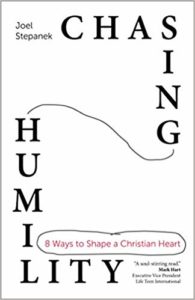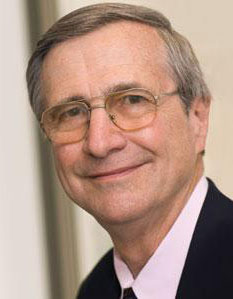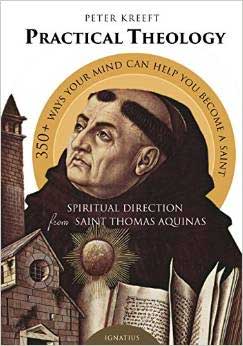Podcast: Play in new window | Download (Duration: 43:55 — 30.3MB) | Embed
Subscribe: Apple Podcasts | Spotify | Amazon Music | Android | Pandora | iHeartRadio | JioSaavn | Podchaser | Gaana | Podcast Index | Email | TuneIn | Deezer | Anghami | RSS | More
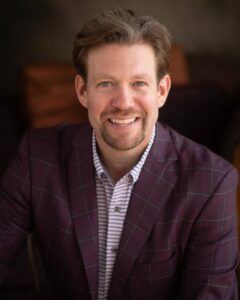
Sacred Conversations by Dr. Christopher Reed on Inside the Pages with Kris McGregor
In this episode of “Inside the Pages”, Kris McGregor interviews Dr. Christopher Reed about his book “Sacred Conversations.” Exploring the integration of faith into everyday interactions and emphasizes the importance of meaningful dialogue guided by agape love—selfless, Christ-like love. Dr. Reed shares how a pivotal conversation inspired him to write the book in just 21 days, offering a process involving invitation, intention, inquiry, illumination, and integration to guide faith-based conversations.
Using the transformative power of intentional, loving conversations, particularly during times of crisis or in the context of social media; Kris and Dr. Reed discuss the necessity of patience, kindness, and genuine listening to deepen understanding and compassion; and the benefits of sacred conversations across various settings, including family, marital relationships, and professional and community environments.
Dr. Reed also shares his personal faith journey, his parents’ support in his exploration and return to the Catholic Church. His experiences have shaped his dedication to helping others through sacred conversations. and to view each interaction as an opportunity to embody God’s love and grace, fostering personal and communal transformation through meaningful dialogue guided by the Holy Spirit.
You can find the book here.
Discerning Hearts Reflection Questions:
- Faith and Everyday Interactions How can we intentionally incorporate faith into our daily conversations and interactions with others?
- The Principles of Agape Love What are practical ways to demonstrate agape love in our communication with family, friends, and colleagues?
- Transformative Power of Conversations How can we ensure that our conversations are not only meaningful but also transformative for ourselves and those we interact with?
- Navigating Crises and Social Media In what ways can sacred conversations help us navigate challenging times, such as crises or the impact of social media on communication?
- Personal Faith Journeys How have your personal experiences and struggles shaped your approach to conversations about faith?
- Applying Sacred Conversations in Various Settings How can the principles of sacred conversations be applied differently in family, marital, professional, and community contexts?
- Listening with Compassion What strategies can we use to improve our ability to listen with patience, kindness, and genuine interest in others?
- Embodying God’s Love and Grace How can we view each interaction as an opportunity to be a vessel of God’s love and grace in our daily lives?
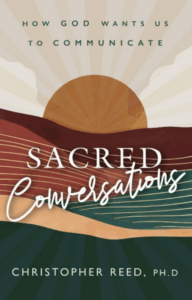 From the book’s description:
From the book’s description:
“Imagine the best conversation you’ve ever had–one that set your heart on fire, challenged your thinking, brought you closer to God, and inspired you to act. Recall how that conversation made you feel and how it changed your heart and your life. Such interactions rise to the level of the sacred–sacred conversations–dialogues that transform hearts, strengthen relationships, and make the world a better place by converting compassionate love into action.
Conversations like this are rare but accessible to all of us all the time, regardless of where we are on our spiritual journeys. Dr. Christopher Reed provides a divinely inspired, scientifically tested, step-by-step process for guiding interactions between “seekers” and “helpers.” We are all seekers, and we can all become helpers. This book will show you how to relate to others in their pain, frustration, hopes, and dreams. You will also learn:
- The six components of peak communication
- How you can invite, understand, and illuminate others through your conversations
- Three historical and scriptural reasons we should study and use sacred conversations
- How to stop, connect, reflect, and choose the best course of action in dialogue
- Five ingredients in the anatomy of sacred conversations
- Practical ways to build community, give thanks to God, and show gratitude for others
- Using Scripture, real-world examples, key scientific studies, and stories from his own formation, Dr. Reed provides approachable, fun-filled, well-researched advice on how you can use sacred conversations to become your best self and build closer relationships with others and with the Lord.
This isn’t merely another Christian self-help book. It’s an inspired invitation to transform your life, and our world, one “sacred conversation” at a time.”
About the Author
Dr. Christopher Reed, a Catholic Christian and husband, integrates over 25 years of communication expertise with spiritual growth. His journey includes a master’s degree in interpersonal communication and a doctorate focusing on human and cultural communication studies. Following a postdoctoral role at the University of Michigan, he developed consultation methods and authored “Future-Ready Leadership.” In 2021, he answered a spiritual calling to promote Sacred Conversations, culminating in his book published by Sophia Institute Press. Dr. Reed continues to advocate for transformative dialogue across diverse sectors through speaking, writing, and workshops.

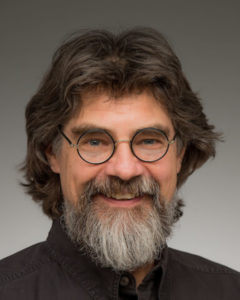





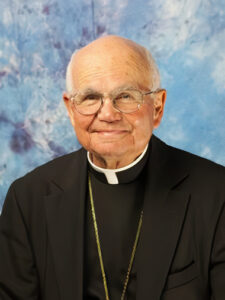
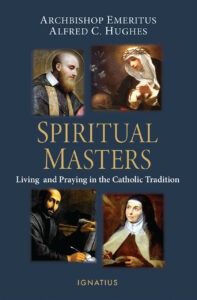
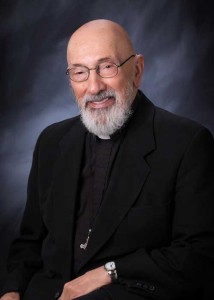
 Fr. Timothy Gallagher and Kris McGregor discuss “pre-event desolation,” a form of spiritual discouragement before significant spiritual activities. They highlight its tactics by the enemy to deter individuals from growth opportunities. Drawing from C.S. Lewis’s “Perelandra,” he tells us of the importance of recognizing and countering this desolation with prayer and trust.
Fr. Timothy Gallagher and Kris McGregor discuss “pre-event desolation,” a form of spiritual discouragement before significant spiritual activities. They highlight its tactics by the enemy to deter individuals from growth opportunities. Drawing from C.S. Lewis’s “Perelandra,” he tells us of the importance of recognizing and countering this desolation with prayer and trust.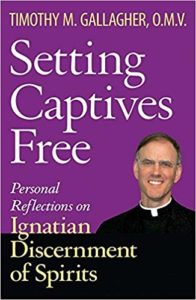
 I cannot recommend this book and the work of Joel Stepanek more highly! Based on the great Litany of Humility, “Chasing Humility: 8 Ways to Shape a Christian Heart” is a game-changer in the formation of the Christian heart. It’s no wonder St. Teresa of Calcutta had her Missionaries of Charity pray this prayer every morning (and they still do)! It’s a challenging prayer when you first contemplate exactly what it is you are asking of the Lord. But if you trust in the fruits which it brings into your life, your spiritual journey will never be the same. Run, don’t walk, to get this book! A modern-day spiritual classic!
I cannot recommend this book and the work of Joel Stepanek more highly! Based on the great Litany of Humility, “Chasing Humility: 8 Ways to Shape a Christian Heart” is a game-changer in the formation of the Christian heart. It’s no wonder St. Teresa of Calcutta had her Missionaries of Charity pray this prayer every morning (and they still do)! It’s a challenging prayer when you first contemplate exactly what it is you are asking of the Lord. But if you trust in the fruits which it brings into your life, your spiritual journey will never be the same. Run, don’t walk, to get this book! A modern-day spiritual classic!